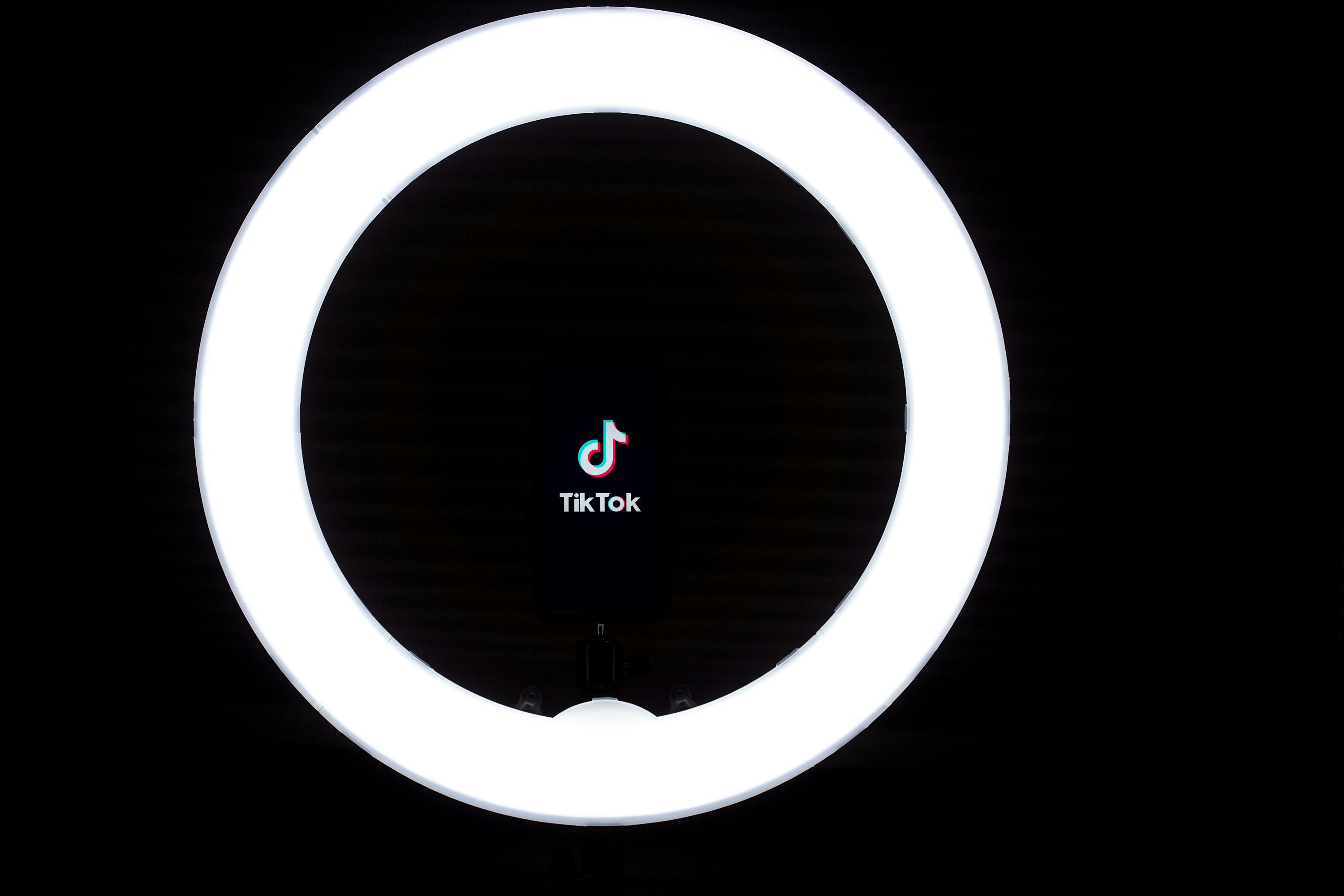A group of TikTok creators has filed a lawsuit to block a new U.S. law that could either force the divestment of the platform's American operations or ban it entirely. This legal action highlights significant concerns regarding freedom of expression and the livelihoods of digital content creators.
The law in question was introduced as a measure to address national security concerns purportedly posed by TikTok, which is owned by the Chinese company ByteDance. U.S. officials argue that the app could be used to collect personal data on American users or to push pro-China narratives. However, TikTok and its community of creators see this as an overreach that threatens their rights and economic interests.
A spokesperson for the TikTok creators stated, "This isn't just about TikTok as a platform but about the precedent it sets for the future of digital expression. We believe in protecting our community and their right to freedom of expression." This sentiment is echoed across the platform's diverse user base, from budding influencers to established digital entrepreneurs.
Economic Impact and Creator Response
TikTok has become a vital platform for millions of users who rely on it not just for entertainment but as a significant source of income. The proposed divestment or ban could have severe repercussions for the influencer economy, disrupting careers and financial stability for countless content creators.
One prominent TikTok influencer remarked, "Our careers on TikTok go beyond just making videos. It's about building communities, engaging with fans, and creating opportunities that didn’t exist before. This law threatens to take that away from us."
Legal Arguments and Broader Implications
The lawsuit challenges the law on several grounds, including violations of the First Amendment rights of the creators. Legal experts suggest that the outcome of this case could set a crucial precedent for how the U.S. governs technology companies and digital platforms, especially those with international ties.
Moreover, this case raises important questions about the balance between national security and individual freedoms in the digital age. How the U.S. responds to these challenges will likely influence global norms around technology governance and digital rights.
As this legal battle unfolds, it will be closely watched by policymakers, tech companies, and digital rights advocates around the world. The outcome not only affects TikTok and its community but also shapes the future landscape of digital expression and international tech policy.
This case exemplifies the complex interplay between technology, law, and individual rights, highlighting the critical need for balanced policies that protect both national security and personal freedoms in the digital era.















